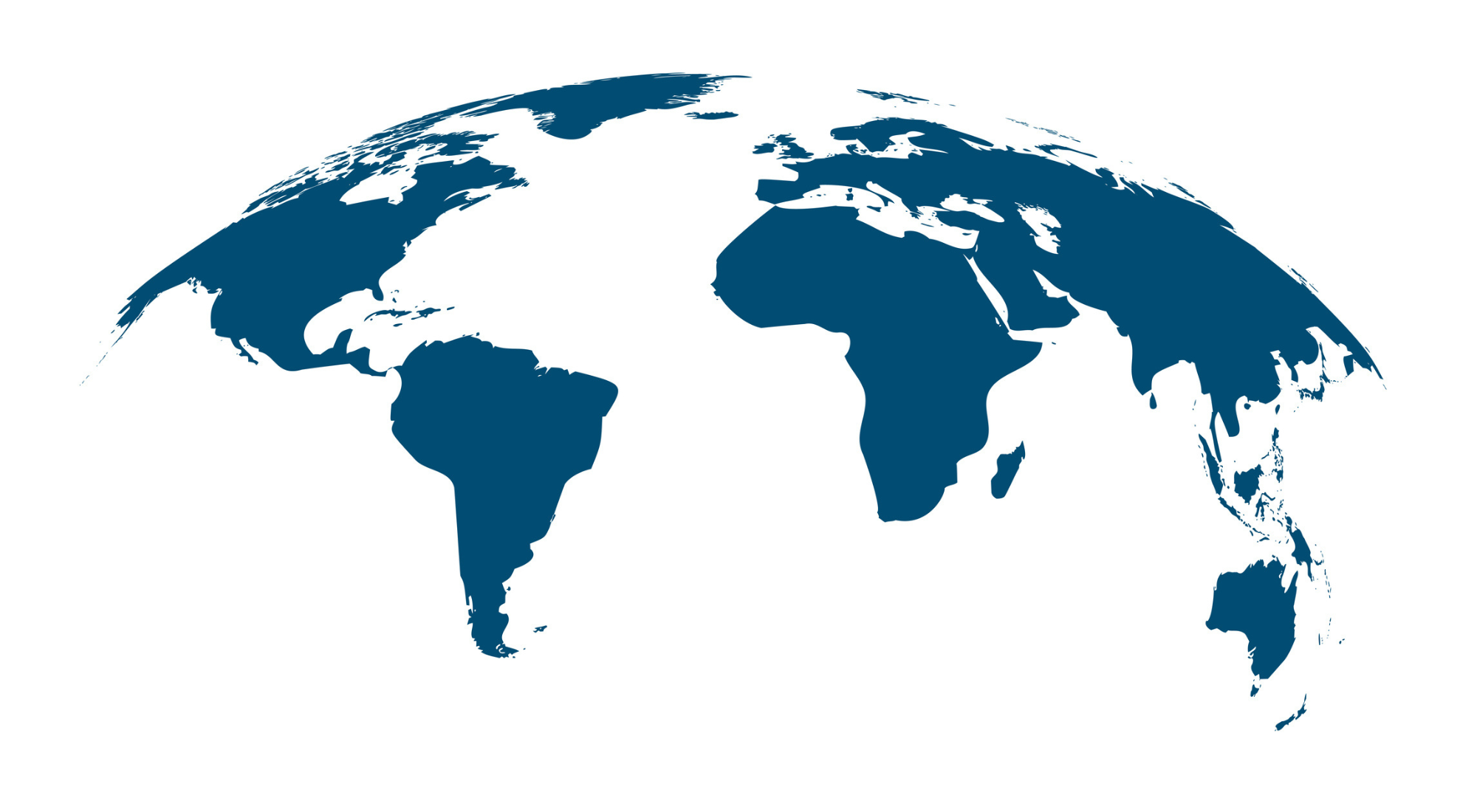Shifting Power, Listening to Lived Experience, and Redefining Expertise in Philanthropy
Written by Julie Walton, Head of Research and Learning
Reviewed and edited by the Panel of Experts
Introduction
MJF Global, the charitable arm of Martin James Foundation, is privileged to invest the resources assembled from across our foundation, a network of non-profit organisations pioneering and implementing quality family-based alternative care in Australia, Canada, Japan, and New Zealand. To date, we have given £2 million in grants to partner organisations around the world, supporting their remarkable achievements in their communities.
Despite these successes, we began to question our decision-making process. As a foundation based in the Global North, directing most of our funding to communities in the Global South, we asked ourselves critical questions: Are we truly the best positioned to decide how this funding should be allocated? Are our decisions aligned with the priorities of those most affected by unnecessary family separation?
This prompted us to examine these dynamics more closely and challenge our assumptions. What would people with lived experience and proximity to these communities prioritise? How would they allocate funds? Could we ensure our choices reflect the real needs and aspirations of these communities?
As part of our ongoing journey to shift power and decision-making from the Global North to the Global South, we took an important first step: allocating a portion of our annual grant budget to be distributed by an external panel of experts. These experts came from Sierra Leone, Uganda, Kenya, and India, each bringing unique insights from their own experiences with unnecessary family separation. Several of the panel members are young people who spent significant time in an orphanage as children, while others work directly with vulnerable children and families through our partner organisations.


The Panel of Experts
Before sharing what we learned, we’d like to highlight some factors we considered when assembling this panel.
Recognising Expertise
This was—and remains—a panel of experts. The term “expert” is often reserved for those with academic credentials or professional accolades, which are undoubtedly valuable. However, this definition can overshadow another equally important form of expertise: lived experience. We believe those with direct experience of alternative care possess unique insights and leadership that must be included in decision-making structures whenever possible.
Compensating Expertise
We ensured the panel members were paid fairly for their time and expertise. From listening to colleagues with lived experience, we’ve learned that while it’s common to invite such individuals to speak at events or join panels, their contributions are often undervalued or unpaid. Some have been expected to volunteer their time or receive less remuneration than those deemed “professionals.” We recognise that leaders with lived experience of care have often been undervalued, and we are committed to learning and improving to ensure their perspectives are equitably compensated. Leaders with lived experience of care reform should be compensated equitably for their invaluable perspectives.
Granting Autonomy
Crucially, this panel was given full autonomy to allocate the funds. Their role was not to validate our decisions but to make independent choices. We encouraged them to offer candid feedback on every aspect of the grantmaking process, including the application design, scoring criteria, and panel facilitation. Opportunities for open and honest reflection were embedded throughout the process, enabling us to learn and improve.
The Process
Over recent years, MJF Global has received numerous enquiries from organisations seeking funding from our foundation. Almost all of these are for worthwhile causes. However, not all of these align with our vision: ensuring every child grows up in a safe and loving family. For this pilot project, we selected organisations whose enquiries matched our vision and invited them to apply for funding. We let applicants know they were participating in a pilot project where their application would be evaluated by an external panel, not the internal grantmaking team at MJF Global.
These applications were reviewed concurrently by the panel and the MJF Global internal team. In order to be objective, both groups used a numeric system to produce a composite score for each applicant. Neither group was aware of the scores or deliberations of the other until the process was complete. A separate research team, comprised of MJF Global employees not involved in the grantmaking process, gathered the data, handled administrative details, and facilitated the panel and internal team’s deliberations.
After the external panel and internal team evaluated each application, the research team compiled and analysed the scores. On average, the panel and the internal team’s scores were similar with a couple of exceptions, and the ranking established by the composite average score of the panel and internal team were remarkably similar, particularly of the top five applications scored.
These scores were presented to the panel and the internal team separately, and a representative from MJF observed and moderated both groups through a reflection process. This resulted in the panel electing to split the allocated budget between two organisations who are now both partnering with MJF Global. After all deliberations were concluded, the MJF Global team met with the panel to ask questions and learn more about what they observed and learned from their time during the process.

Reflections
We found it challenging to describe our values without unintentionally prescribing a course of action to the panel. For example, the internal team initially prioritised sustainability, which they defined as alignment with government systems and securing additional funding sources beyond MJF. However, the panel offered differing perspectives. Some members questioned the efficacy of certain government advocacy initiatives, instead favouring applications that directed funds more immediately to vulnerable children and families.
Another notable difference was in how funding should be distributed. The internal team tended to favour granting the entire requested amount to just one organisation, while the panel preferred spreading the funding across more organisations. Regardless of their backgrounds, all panellists currently work with organisations serving vulnerable children and families. We observed that their preference appeared to be to support as many organisations as possible, even if it meant awarding smaller amounts. These insights have encouraged us to reflect on how we approach funding in the future. Should care reform focus on fewer, larger grants or support a broader range of initiatives?
These differences between the internal team and the panel have prompted us to re-examine how our values and assumptions influence our grant making processes. This experience has encouraged us to remain open to diverse perspectives and to continually refine our approach.
Next, this process allowed us the opportunity to examine how we communicate with others about our funding values and priorities. This initially showed up in how we designed the initial application for organisations. We sought to balance the tension of getting the information we needed for the panel to make good decisions without putting a large burden on organisations to produce an application, particularly since we knew that most applicants would not receive funding. Additionally, we found that even the design of the application could reinforce our own biases if we didn’t work to counteract this. For example, requesting an organisation’s Theory of Change is common practice and certainly something our team wants to understand. However, the skill of writing a Theory of Change is not necessarily the same or even correlated to the skill of effective family preservation, gatekeeping, and family-based alternative care. Forcing ourselves to simplify this process as much as possible was a phenomenal learning opportunity. Additionally, it required us to think through where we need to specify the terms we often use. For example, the panel was unclear on what MJF means by “children,” as stated in our mission and vision. Does this include teenagers? Young people who have recently exited care? These discussions have prompted us to reflect on what aspect of care reform we are best suited to support, and which elements may be better served by other funders.
Additionally, this process has coincided with many internal discussions on the type of organisations and the kind of work to which we are best suited to add value. Would MJF Global better serve care reform more broadly by funding very small, grassroots organisations? Or would it be better to join larger efforts with higher level, governmental impact? In the end, as the panel was deciding between the last set of shortlisted organisations, we were struck that they were most drawn to provide help and support to vulnerable children and families directly and more immediately.
Finally, one of the most important reflections we received during this process was that those with lived experience on our panel collectively felt that this grantmaking panel represented genuine participation. They reflected that while they are often asked for their opinion or contribution, the autonomy and discretion they were given through this process truly felt like participation to them. This indicates how much work remains to truly follow the leadership of those with lived experience. We will continue to reflect on how MJF Global can be part of those efforts.

Conclusion
This process represents a meaningful first step in embedding participatory grantmaking into the core of how we operate. It is not a one-off initiative but part of a broader commitment to learn, adapt, and improve. The insights we have gained are already shaping how we approach future iterations and consider scaling up participatory practices to encompass a larger portion of our funding.
As we continue to refine and expand these efforts, we invite you to stay connected with us on LinkedIn for updates on this journey and the next steps in our commitment to more inclusive and impactful grantmaking.
We’d also love to learn from you. How have you been incorporating the leadership and perspectives of people with lived experience of care into your work? Have you been part of—or know of—similar initiatives that could help us improve? We welcome your thoughts, insights, and advice. You can reach us at info@martinjames.foundation or connect with us on LinkedIn to continue the conversation.



